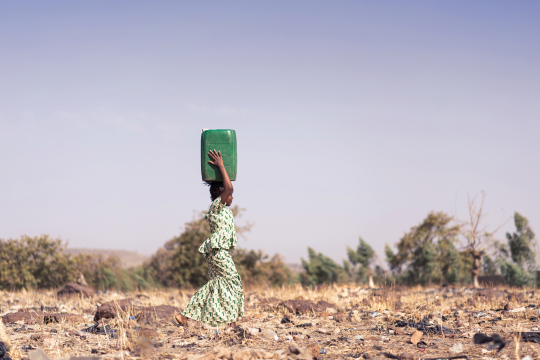Abstract
This paper examines the impact of positive and negative rainfall shocks on child labor in agricultural households in Ethiopia. We are the first to investigate how the presence of a public works program affects the child labor response to rainfall shocks. We also investigate heterogeneity with respect to access to local credit markets, and we use the timing of survey collection and Ethiopia’s two growing seasons to investigate both immediate effects of rainfall variation in the Belg (short rainy season) and more long-term effects of rainfall variation in the Meher (long rainy season). Using household panel data matched with geospatial rainfall data, we find the following: (1) the prevalence of child labor is higher after a positive Meher-season rainfall shock and lower after a negative one, in line with a productivity effect that dominates possible income effects. (2) The immediate impact of a negative Belg season rainfall shock is, however, to increase child labor, probably because tasks typically carried out by children, such as fetching water and herding livestock, take longer during droughts. (3) The PSNP mitigates the child labor effects of positive Meher season rainfall shocks. (4) Access to credit mitigates the increase in agricultural work hours but exacerbates the increase in household work hours immediately after a negative Belg season rainfall shock.
Keywords: Rainfall shock; Child Labor; PSNP; Credit Market; Ethiopia
